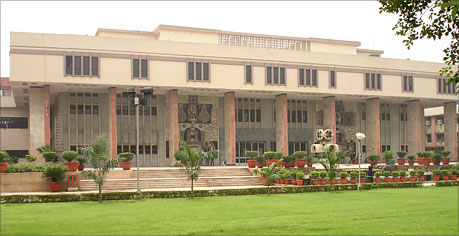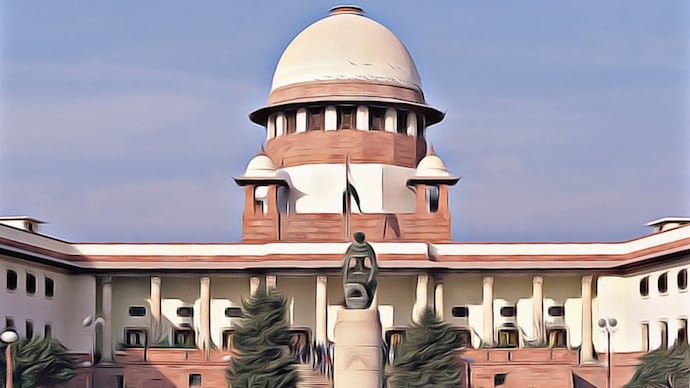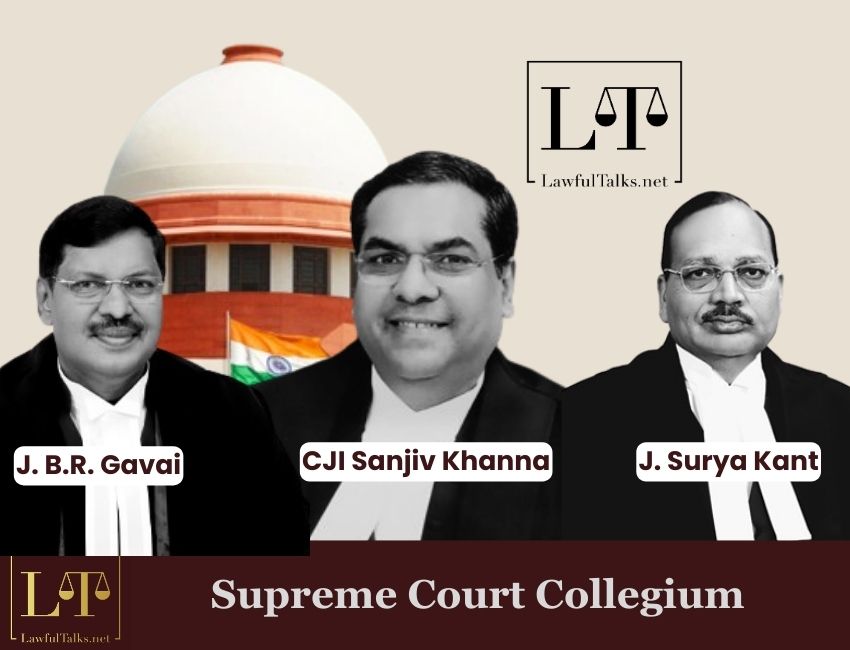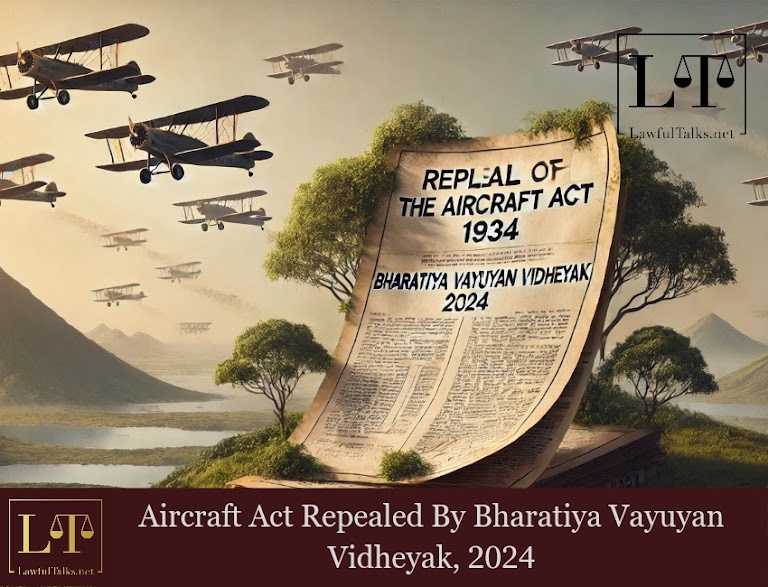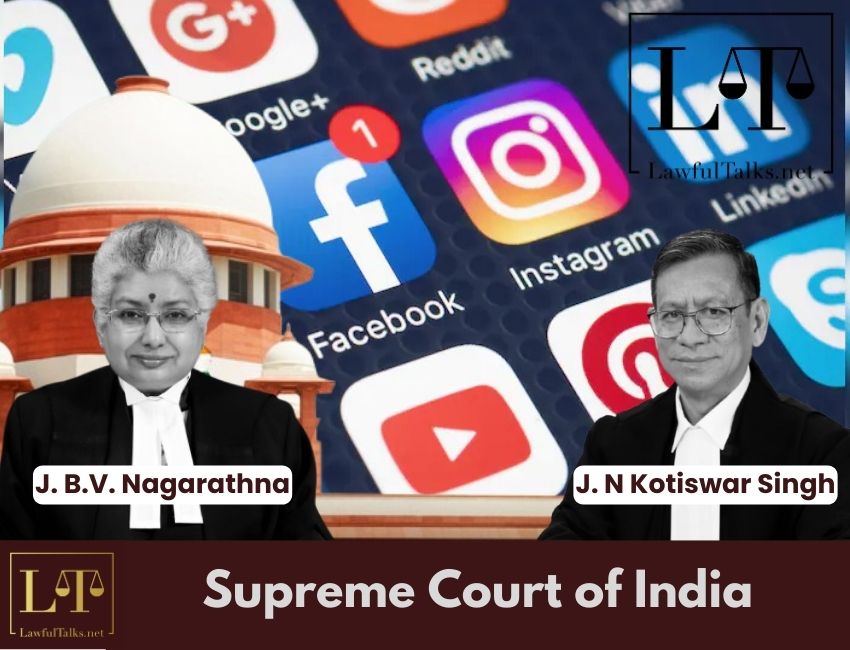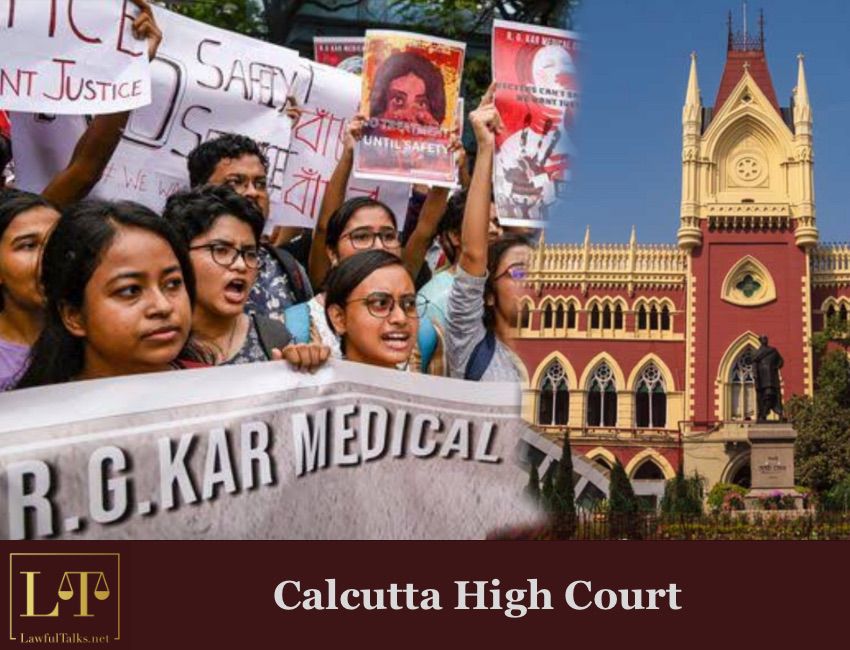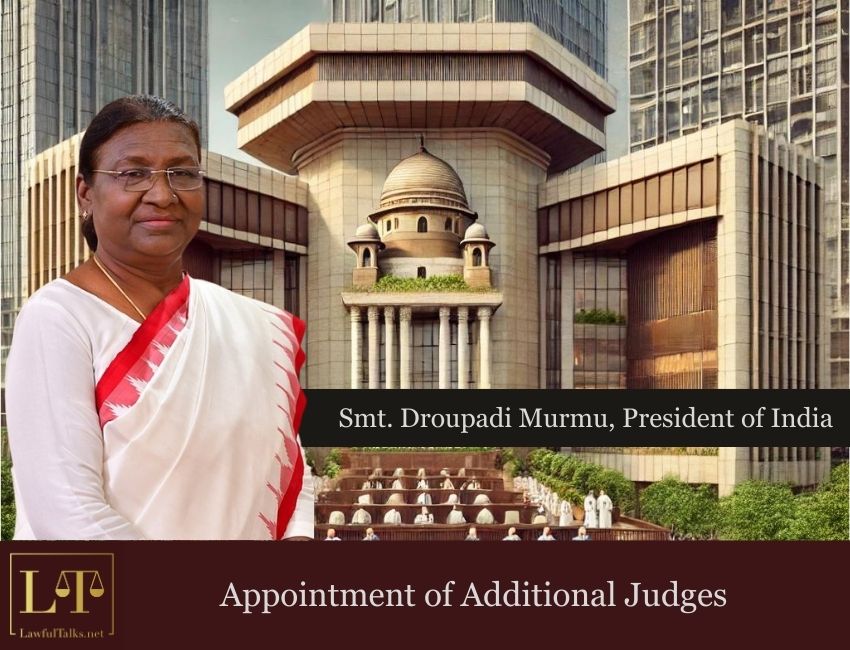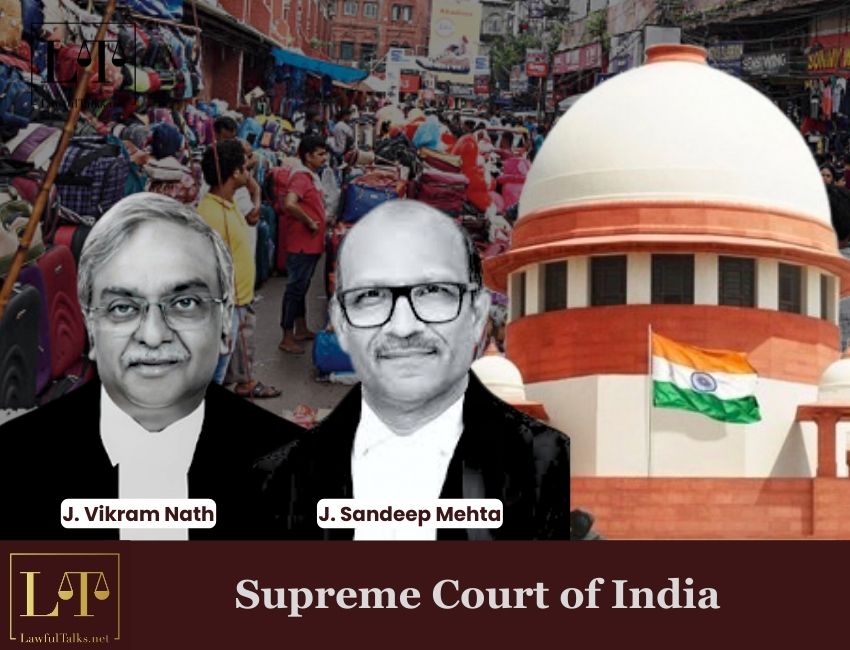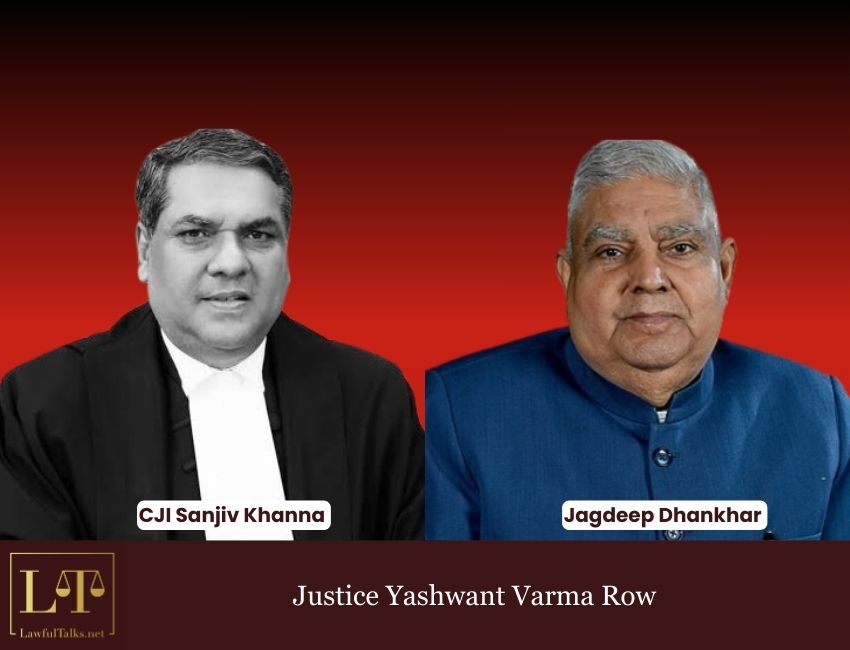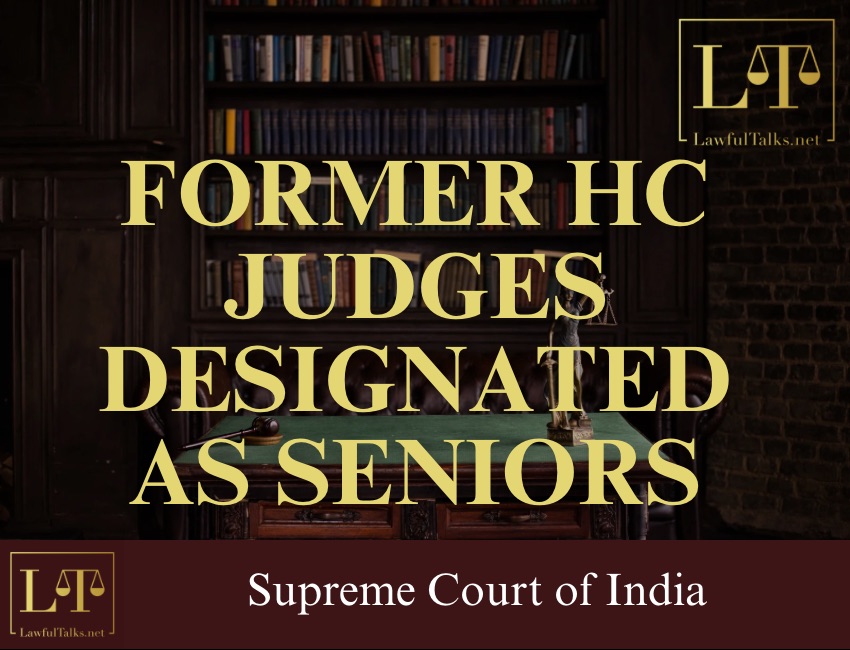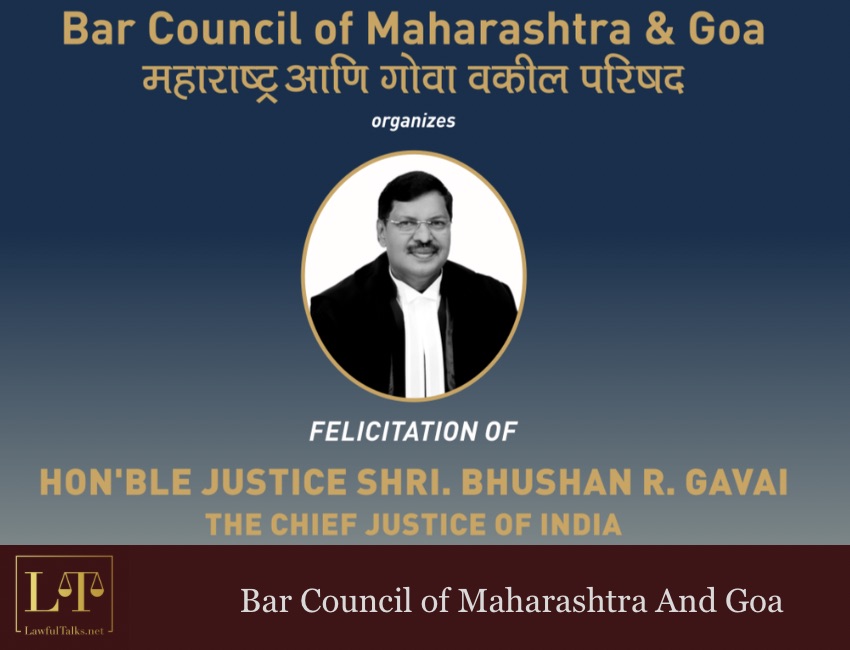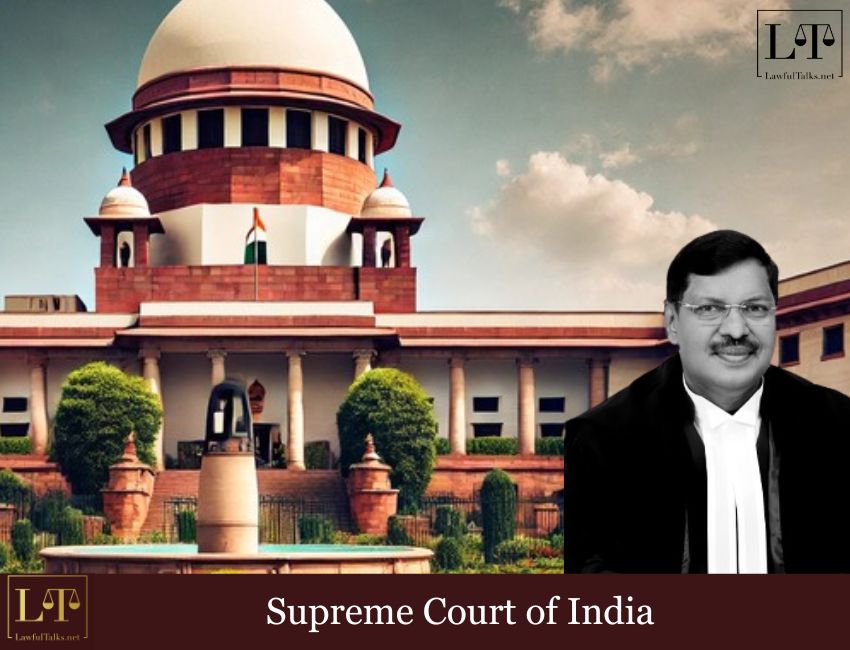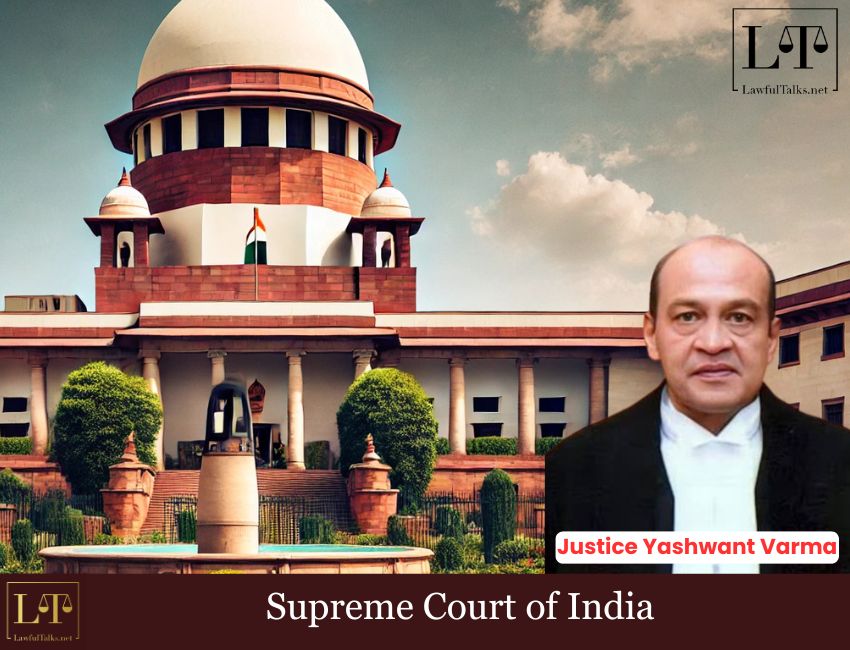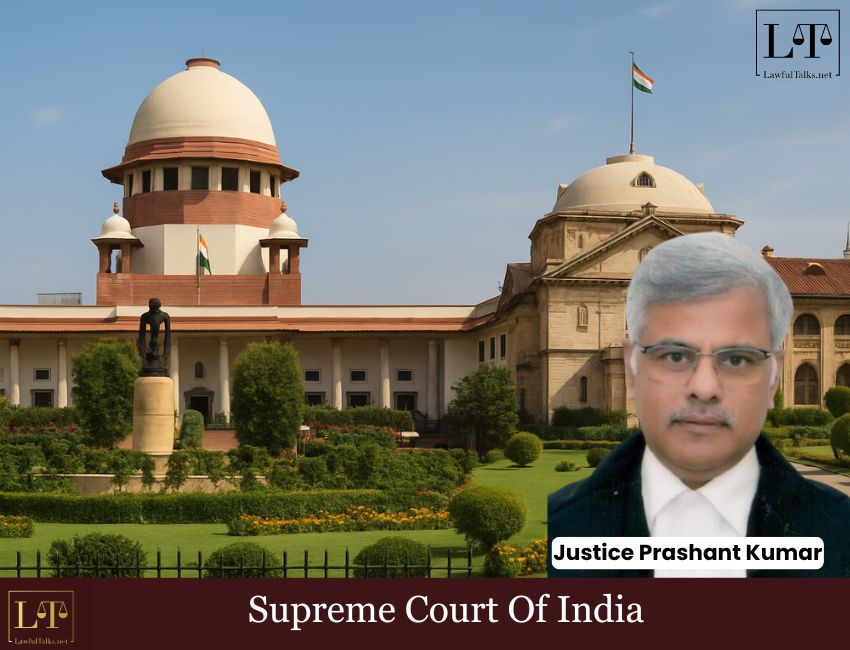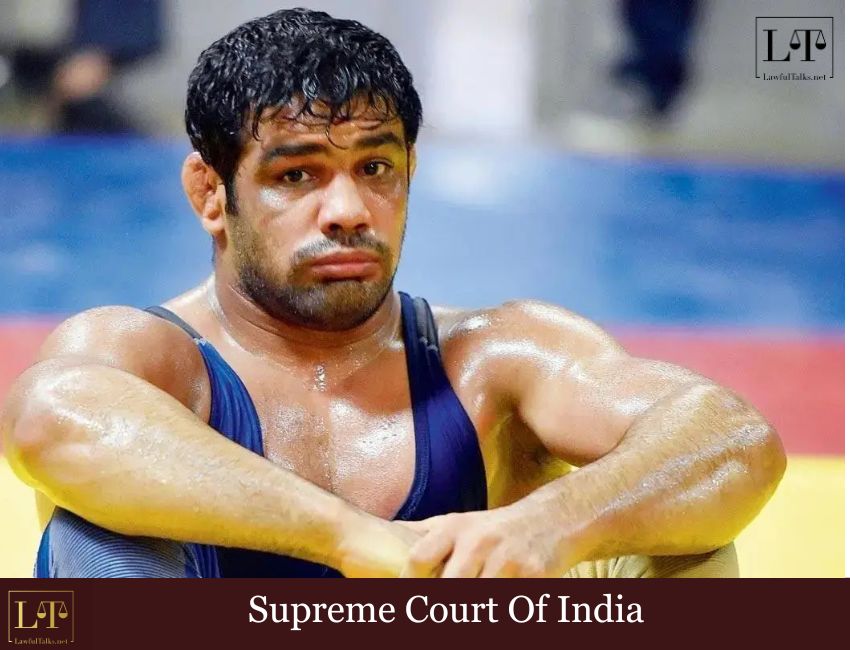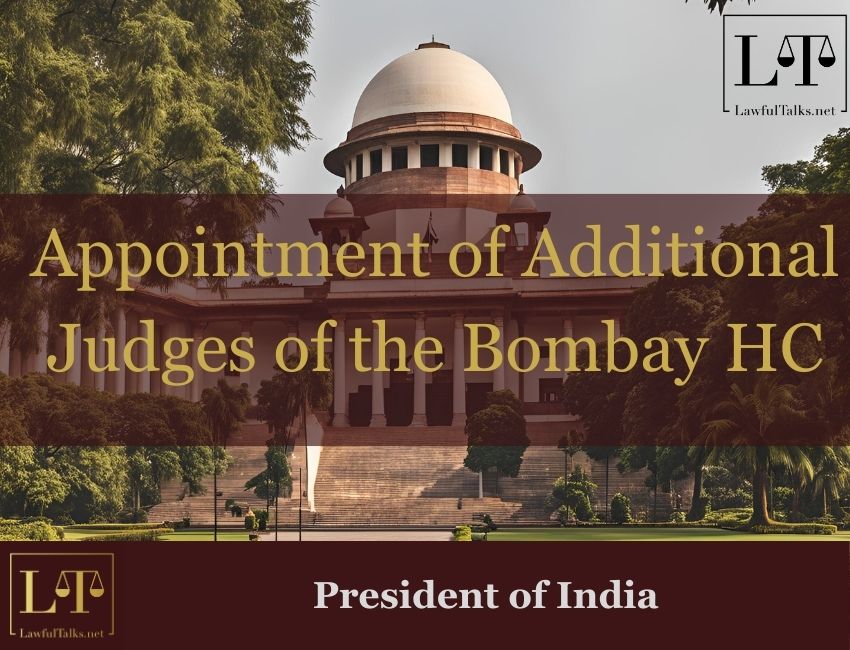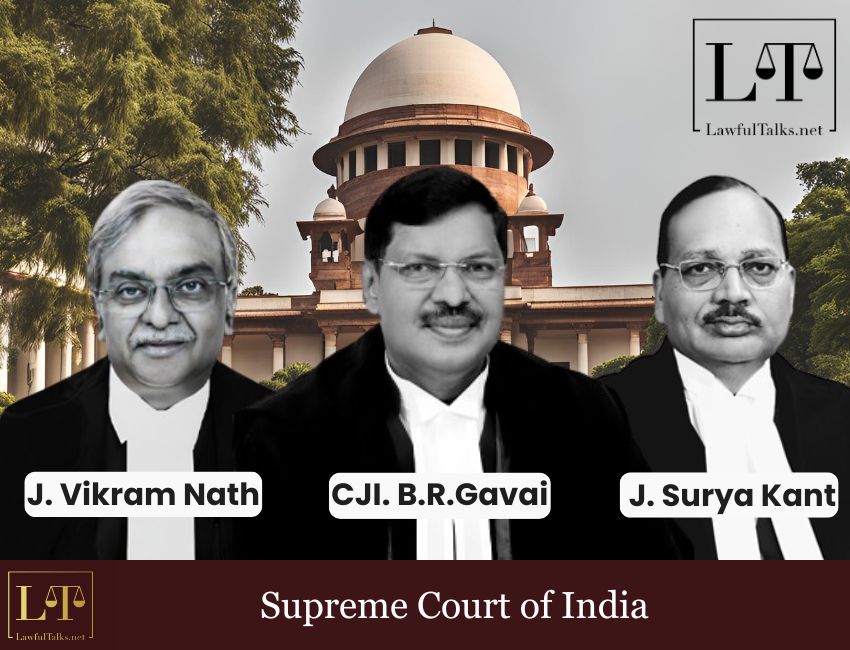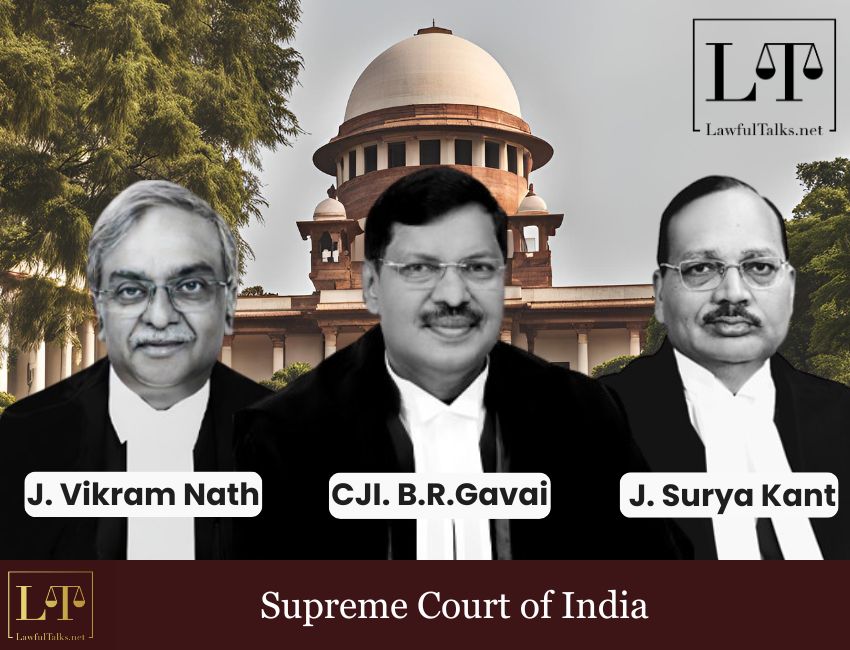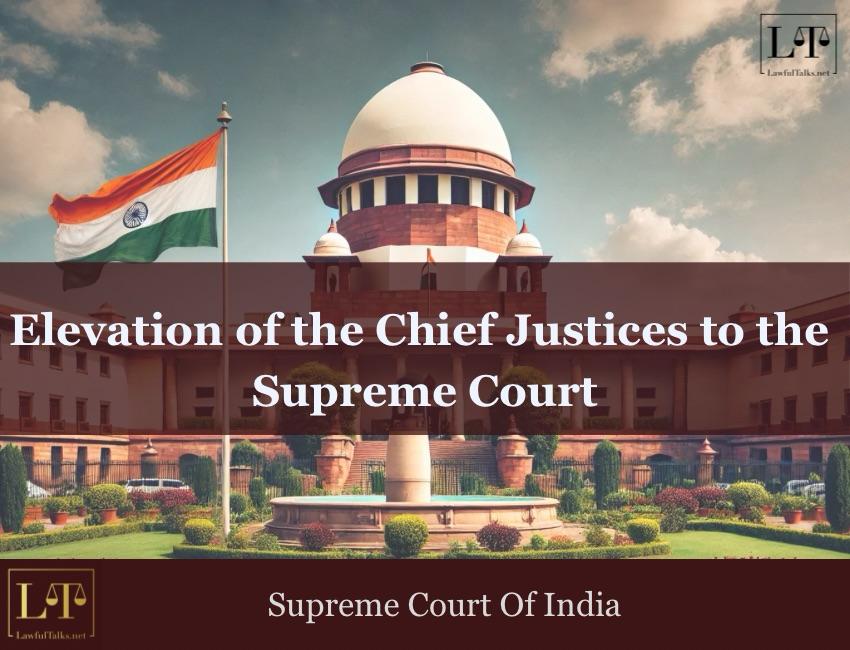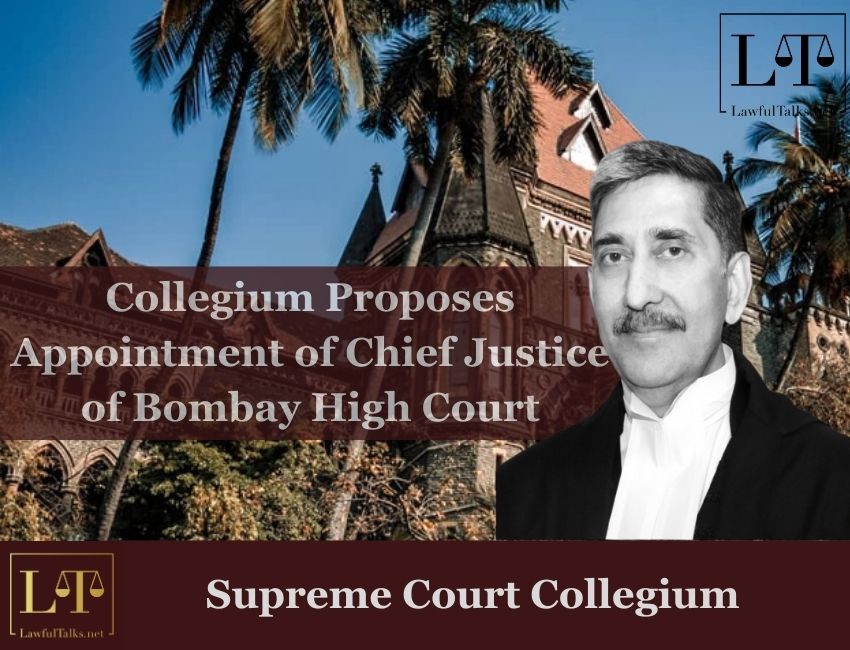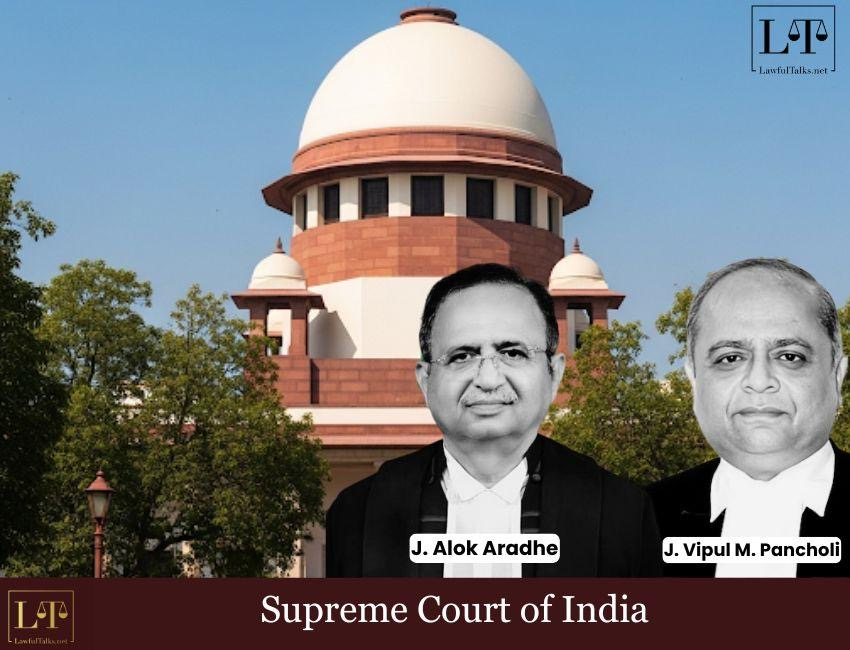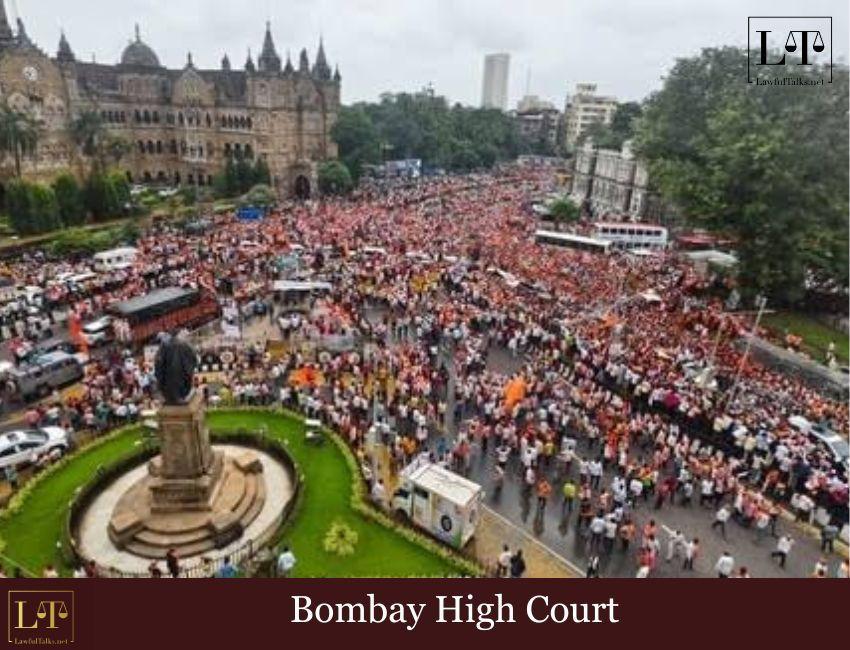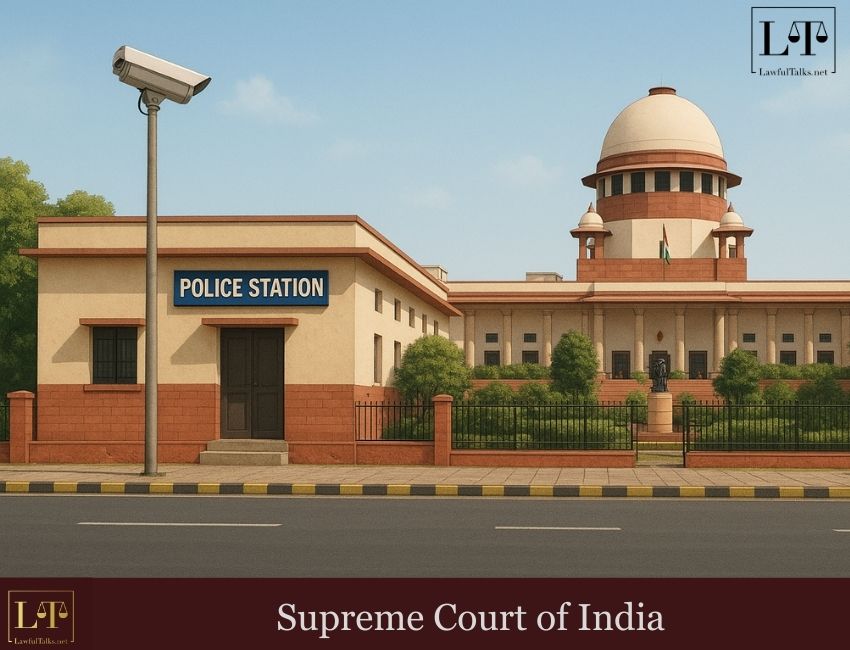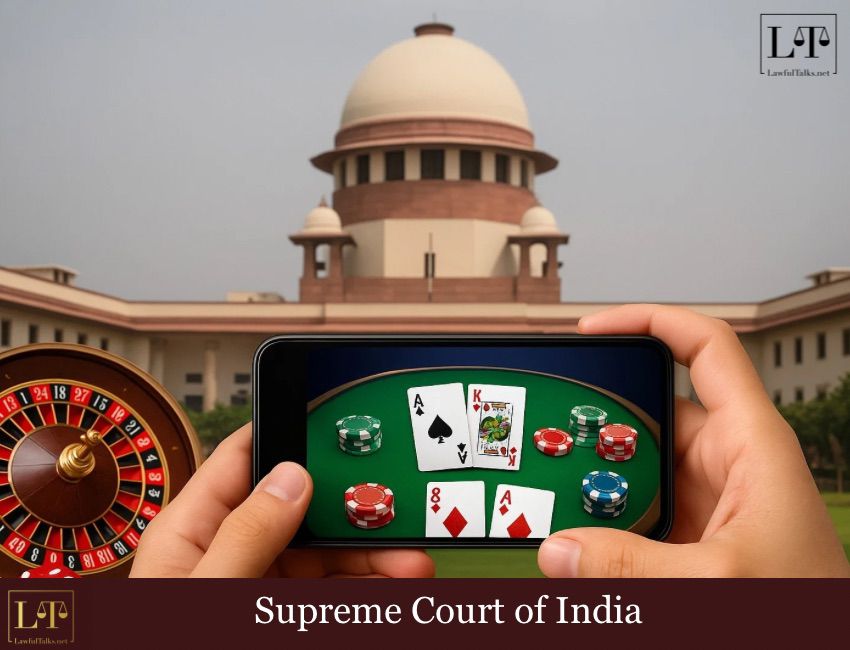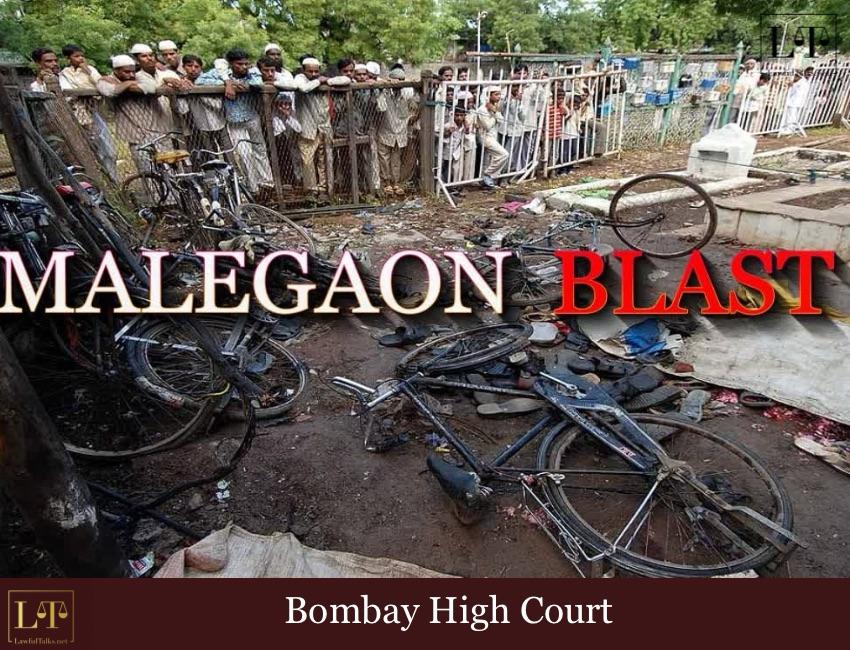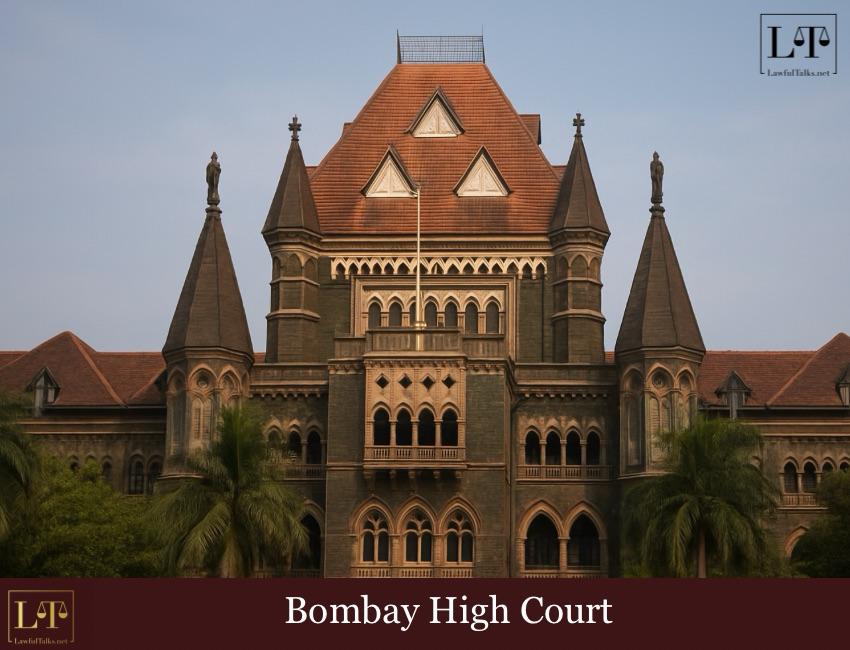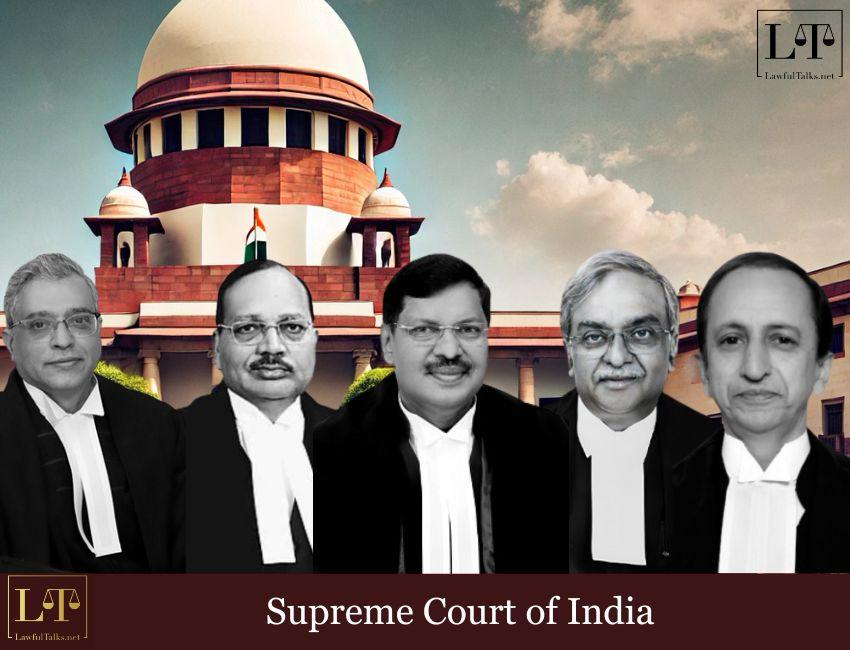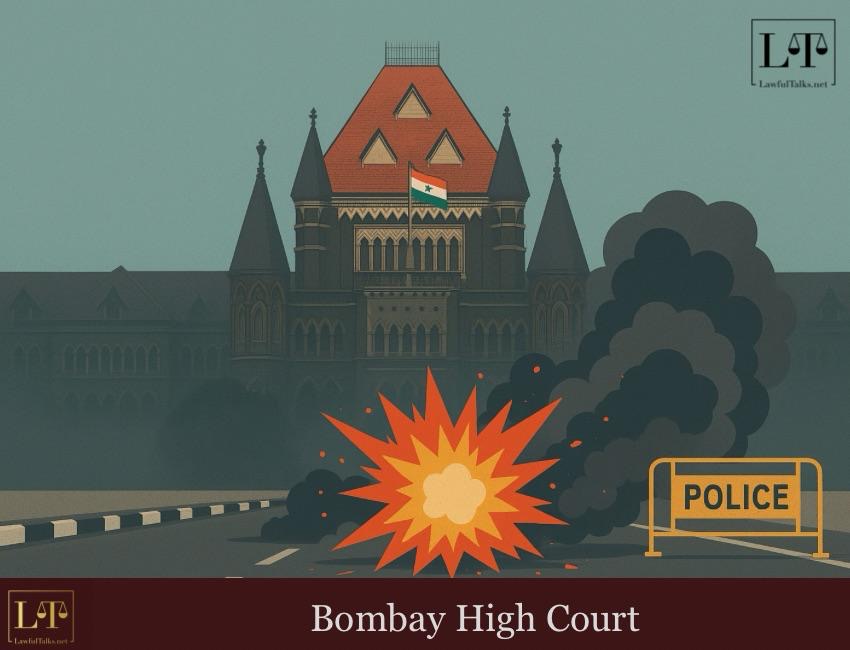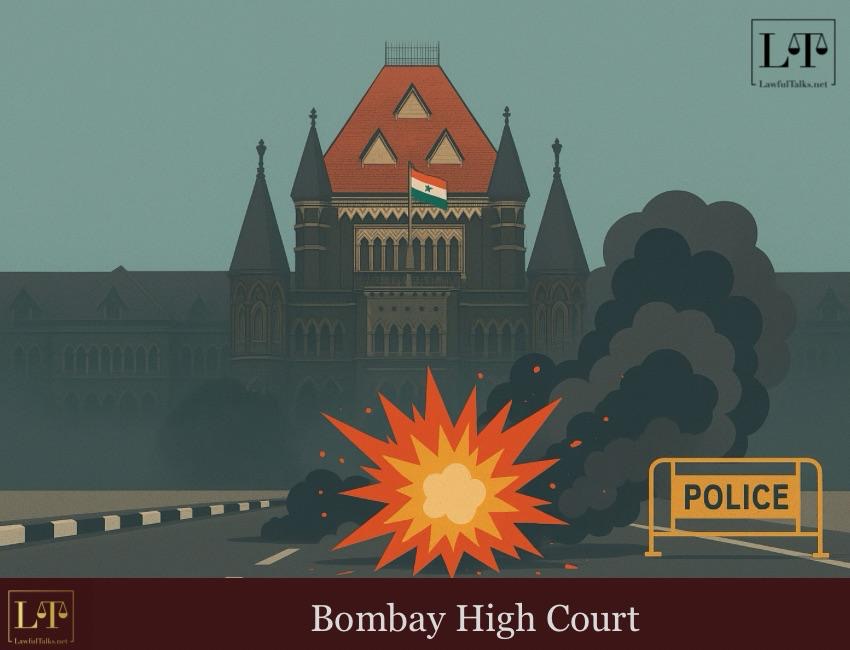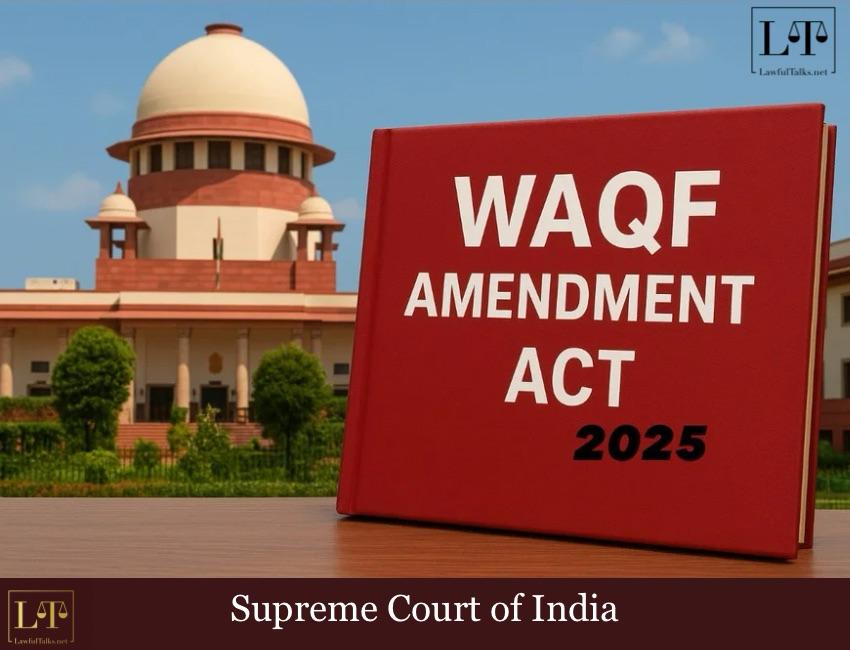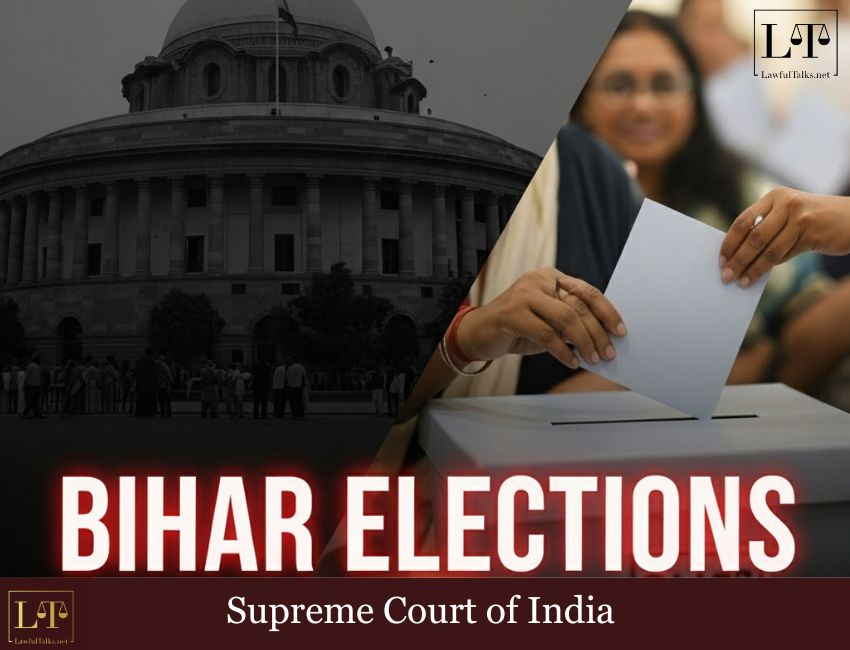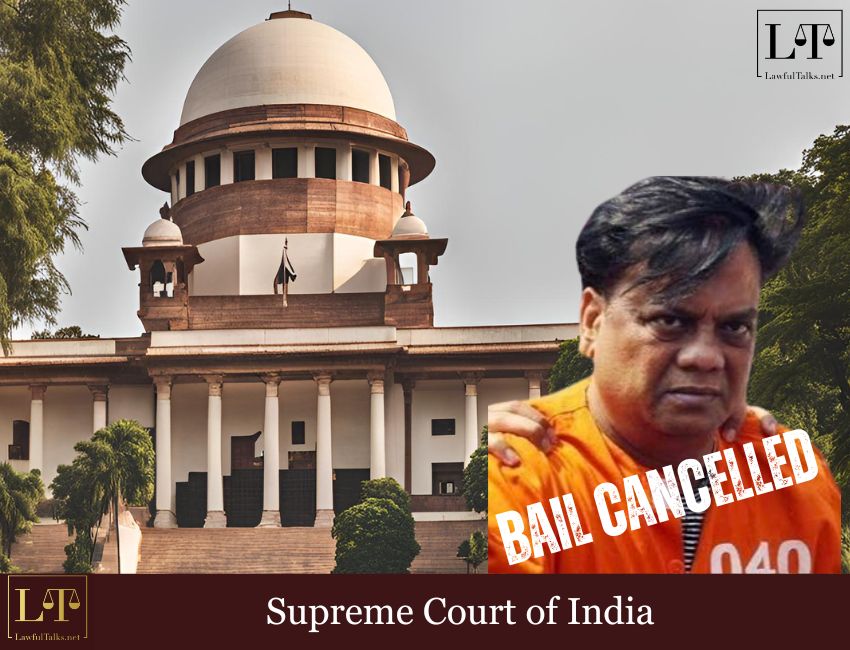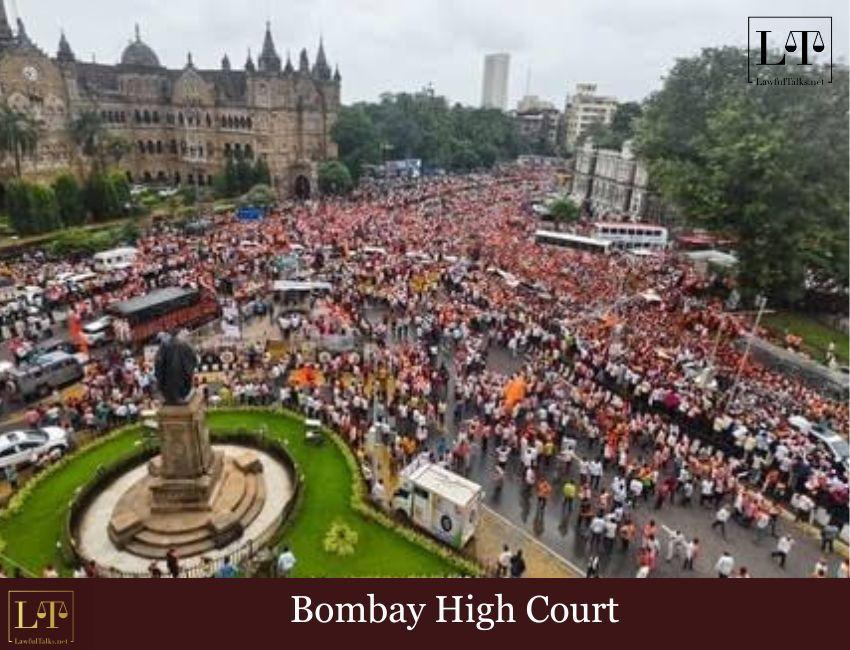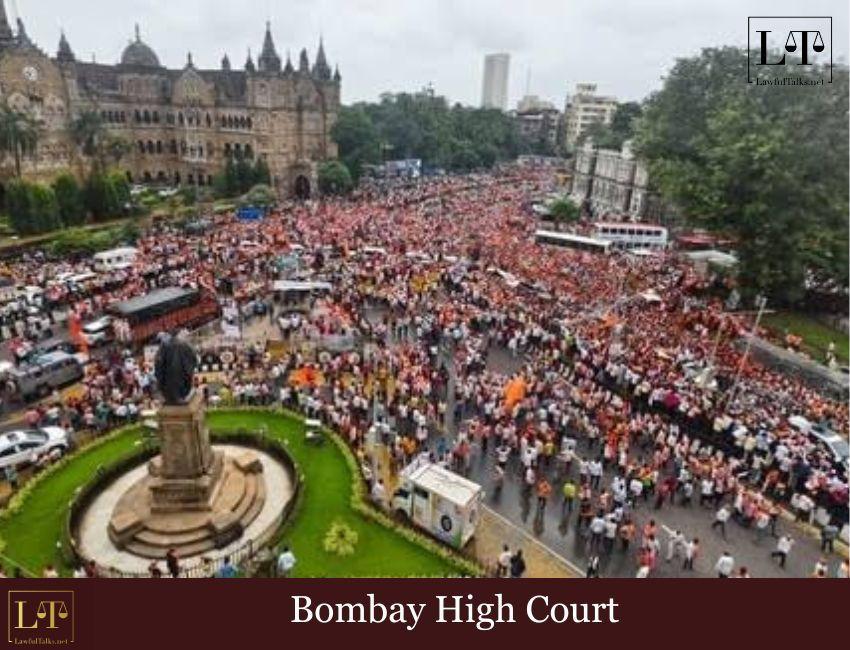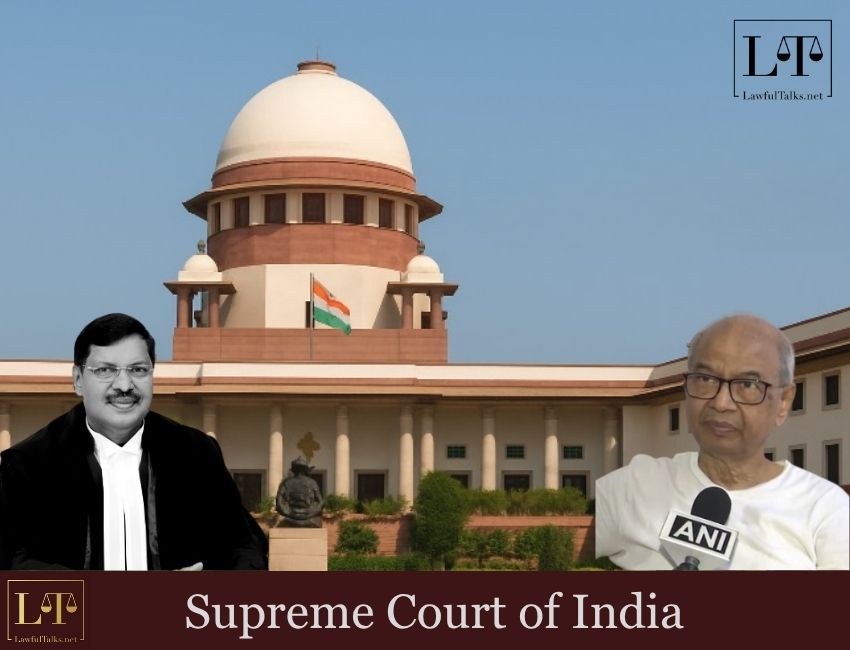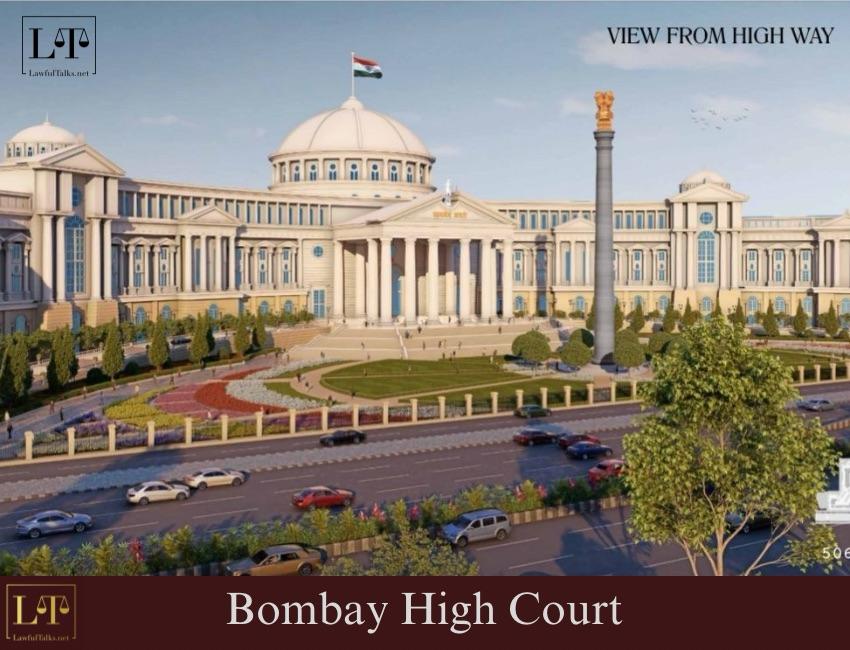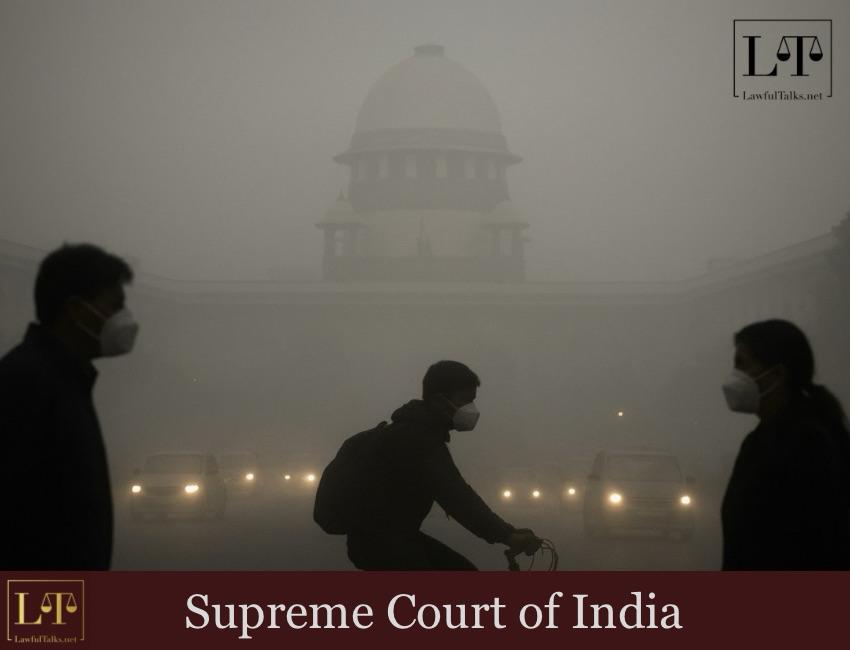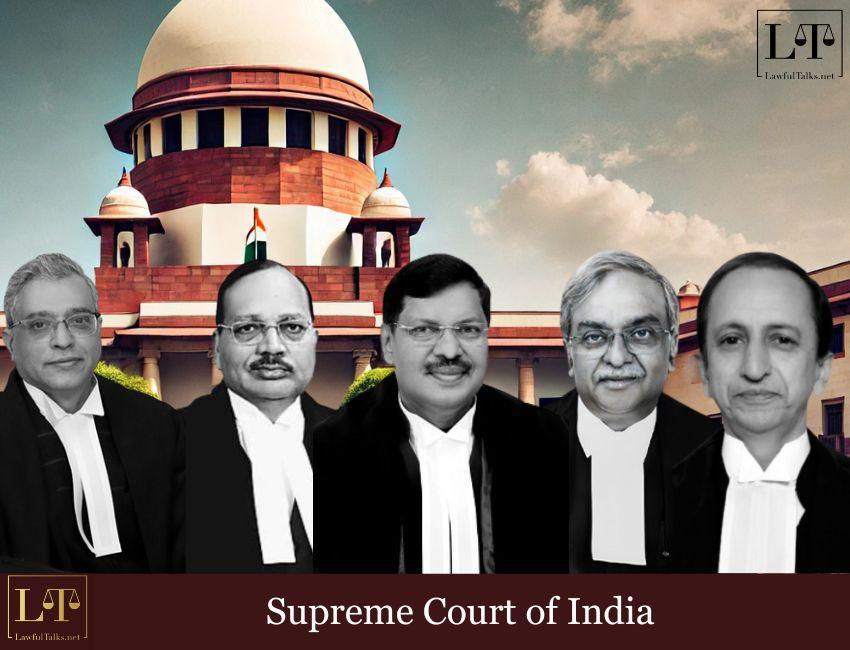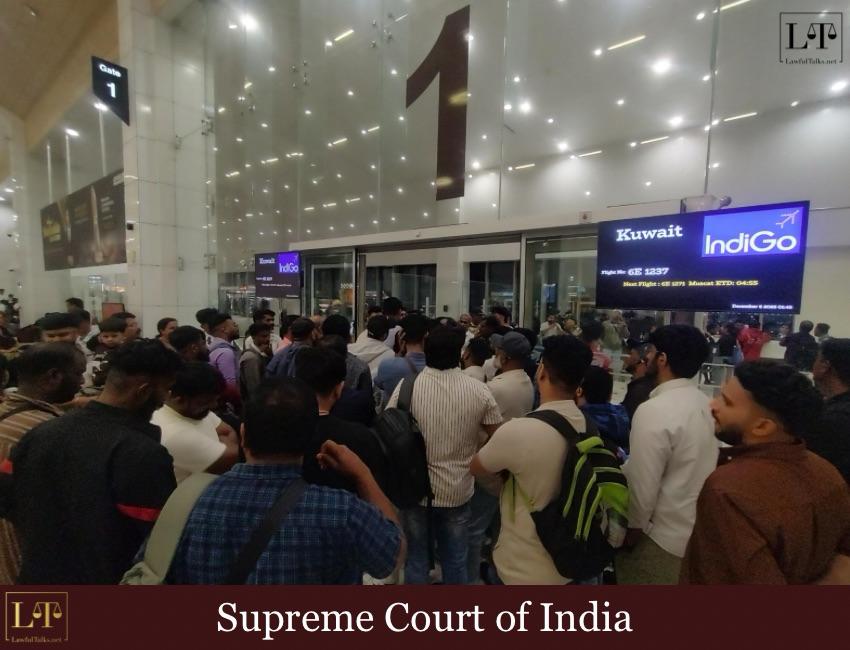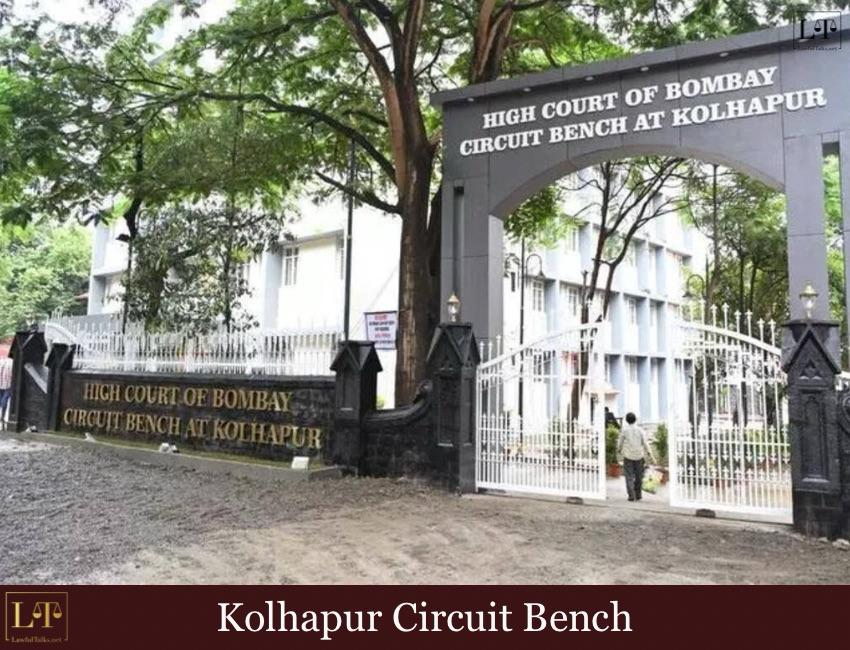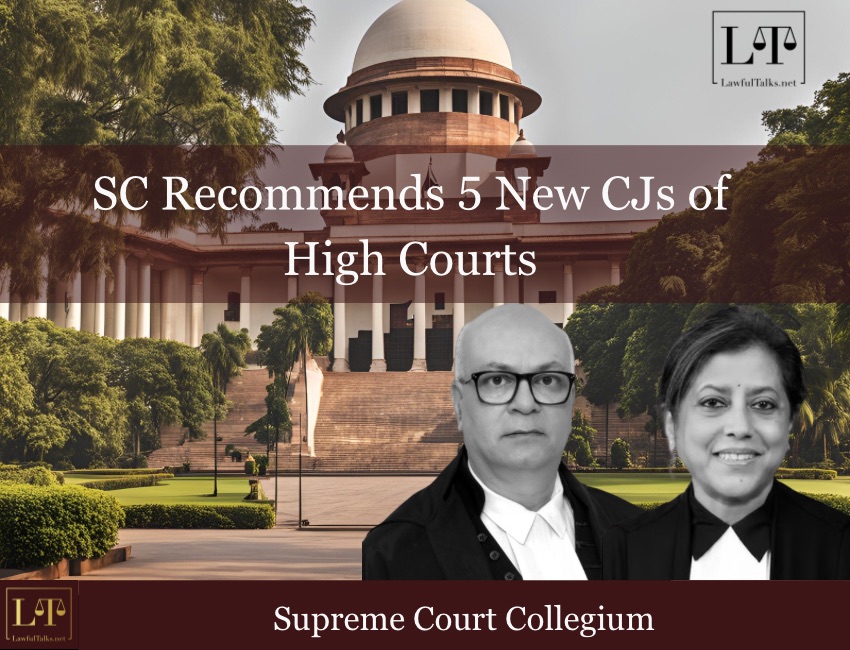Judge Goes Viral for Savagely Putting Rioters in Their Place

“Supplying products with altered local content is a breach of contract” Bombay High Court upholds BPCL order barring Mukand Poly Products from trading.

The current petition, was filed under Article 226 of the Constitution, contested the legality of an order issued by Respondent 1, BPCL, on 08/12/2023, which prohibited business dealings with petitioner Mukand Poly Products and its affiliated agencies. Additionally, the order prohibited petitioner from entering the contracts with BPCL for a year. Additionally, it was requested that Respondent 1, BPCL be prohibited from taking any action or coercive measures against petitioner in accordance with the show cause notice dated 21/07/2023, and the contested decision of debarring of 08/12/2023, by means of a suitable writ or directions.
Facts of the case -
Petitioner No. 1 is an MSME that deals in polyethylene pipes and is a partnership firm registered under the Indian Partnership Act of 1932. Its manufacturing facility is located in Guwahati. According to petitioner No. 2, he is one of petitioner No. 1's partners. For BPCL/BGRL/CGD Projects, Respondent No. 1 published a notice requesting bids (tender document) for the purchase of polyethylene (MDPE) pipe. The aforementioned tender had a bid deadline of 16/08/2022 . According to the document, the subject tender will be subject to the Purchase Preference linked with Local Content policy (henceforth referred to as the "PPLC") that was issued by the Ministry of Petroleum and Natural Gas, Government of India, in its circular dated 23/02/2022.
The petitioner cited a certificate from a chartered accountant dated 10/09/ 2022, to declare that the local content of its proposal for the relevant tender was 82.36%. Respondent No.1 sent a letter on 23/01/2023, advising the petitioner that its offer was accepted on the terms and conditions specified in the tender document after the petitioner qualified in the aforementioned tender. In response to the petitioner's bid being accepted, respondent No. 1 issued a call of order on 24/01/2023, requiring petitioner No. 1 to provide 602 pipes of various diameters. 1.
After obtaining Procurement Order 1, the petitioner allegedly supplied some polyethylene pipes. However, on 22/02/2023, the Project Management Consultant Tractebel sent the petitioner an email requesting that the petitioner provide all necessary documentation to support the claim that the quantity shipped did not meet the Local Content requirement of 82.36%.
The petitioner sent a letter to respondent No.1 on 01/03/2023, stating that it had submitted a declaration of local content in response to the aforementioned email exchange from 22/02/2023. The project consultant management then demanded in an email dated 03/03/2023, that the petitioner submit pertinent material test certificates and batch numbers for 206 MT of the pipes' content that were purchased from regional vendors.
The petitioner is said to have communicated through emails informing respondent No.1 and the Project Management Consultant that it had not received the billing & shipping address and therefore, the petitioner was unable to dispatch the materials. However, by means of an email the Project Management Consultant asked the petitioner to hold all the dispatches till petitioner’s Local Content documents were verified.
Finally, a detailed notice was sent to the applicant by email dated 09/03/2023 wherein it was indicated that the raw material purchased by the applicant from a domestic polyethylene pipe manufacturer is of foreign origin i.e. India. UAE and will not be considered as part of the local content. Also, the petitioner's statement of compliance with 82.36% local content vis-à-vis the PPLC policy is not in compliance with the Procurement Guidelines issued by the Government of India under the Ministry of Petroleum and Natural Gas.
On 21/07/2023, respondent No.1 issued a show cause notice to the appellant calling upon him to file a reply as to why the appellant cannot be included in the holiday list and disqualified from entering into contract with BPCL. The said show cause notice stated the grounds on which the proposed action of removing and including the applicant in the holiday list was proposed. The notice stated that the petitioner, while participating in the tender, had declared that the products offered contained 82.36% local content and accordingly claimed preferential purchasing rights as a Class I local supplier.
The notice also stated that the applicant was required to submit a declaration supported by a certificate from the Cost Accountant/State Auditor to maintain the required percentage of local product in the product supplied by it in each invoice in order to meet the said requirement and to ensure that the supplies made by the applicant are in accordance with the established local content. The show cause notice stated that the petitioner, in its email dated 21st of March, 2023, had stated that the earlier filed declaration of 82.36% local content could not be applied and that the product supplied by the petitioner had 51.45% local content.
Arguments made on behalf of the petitioner :
Shri Bhattacharya, learned Counsel representing the petitioner, while impeaching the impugned order dated 08/12/2023 has argued that the impugned order has been passed not on the grounds spelt-out in the show cause notice and further that it is in complete violation of policy of Holiday Listing of the vendors.
It has been argued in this regard that the show cause notice was issued on the ground that the declaration made by the petitioner at the time of submission of bid reflected 82.36% of the Local Content, however, subsequently, the petitioner declared it to be 51.45%, which amounted to breach of contract/abandonment of contract, but once the reply to the show cause notice was submitted, the ground was altered while passing the impugned order and the reason indicated therein is that the petitioner did not fulfill the supply of total awarded quantity, which resulted in passing of the impugned order on grounds not mentioned in the show cause notice which vitiates the impugned order.
Shri Bhattacharya has also argued that non-fulfillment of supply of the pipes as per the LOI quantity was never an issue before respondent No.1 and accordingly, the impugned order, since, is based on the said ground, is not liable to be sustained as it is not open to respondent No.1 to open a new case which is not mentioned in the show cause notice. Also, the petitioner never expressed its inability to supply the balance quantity of the total contract value and hence, the said reason occurring in the impugned order makes the order of debarment illegal and not sustainable.
The learned counsel for the petitioner has also invoked the doctrine of proportionality to submit that the declaration made by the petitioner regarding the Local Content of its product.
Arguments on behalf of the respondent – BPCL :
Shri Pankaj Sawant, learned Senior Advocate, opposing the prayers made in the writ petition, has submitted that the entire writ petition is highly misconceived and the facts and circumstances of the present case clearly establish that it is not only that the provisions of the PPLC policy justifying the blacklisting are attracted in this matter, but also that the policy of Holiday Listing of the vendors has been lawfully applied while passing the impugned order.
The principles of natural justice in this case has been strictly followed in as much as that the show cause notice issued to the petitioner, which preceded passing of the impugned order, clearly mentioned the grounds on which action was proposed against the petitioner. He has also argued that the reasons given in the impugned order are germane as they relate to the grounds indicated in the show cause notice and hence, the submissions made by the learned Counsel for the petitioner in this regard are not tenable.
Court's Observations :
The Bomaby High Court's division bench consisiting of Chief Justice Devendra Kumar Upadhyaya and Justice Amit Borkar observed that, if there has been any ambiguity in the mind of the petitioner as to how the Local Content in its product had to be determined, such clarification ought to have been sought by the petitioner before the tender process was finalized and not thereafter. It is true that if the product offered by the petitioner contains 50% or more than 50% Local Content in the product offered by it, it still qualifies as Class-I supplier under the policy, however, that in itself will not be sufficient for the petitioner to take a plea that it has not contravened the contract.
The court stated that the petitioner expressed its inability to supply the pipes with 82.36% Local Content and has rather stated that it will cater the supplies pursuant to the procurement order with its product having 51.45% Local Content, it will clearly amount to abandoning the contract. Subsequent offer to supply with the altered Local Content in its product and petitioner’s inability to make supplies with Local Content of 82.36%, in our opinion, necessarily amounts to breach of contract. The tender was awarded to the petitioner on the basis of declaration made by it at the time of submitting its bid which depicted that the offered product by the petitioner contain 82.36% Local Content and not 51.45%.
The court further held that in Clause 4.1 of the General Purchase Conditions clearly provides that guidelines and procedures for Holiday Listing shall be applicable in the context of the subject tender and all consequential orders/contracts/ purchase orders. Accordingly, applicability of the policy for Holiday Listing is not in doubt.
The court stated that in Clause 4 of policy for Holiday Listing, as already quoted above, which prescribes the reasons or grounds available for Holiday Listing, states that an agency may be placed on Holiday Listing in anyone or more of the circumstances enumerated therein.
The court stated that in Clause 4.1.1 provides that if the agency, in the context of its dealing with respondent No.1, has committed breach of contract or has abandoned the contract, such an act on the part of the agency shall result in the agency being placed in the Holiday List.
The court stated that in clause 4.2.12 prescribes period for which an agency can be placed in Holiday List according to which in case any agency is found to have committed breach of contract or to have abandoned the contract, the agency can be placed in the Holiday List for a period of 3 years.
The court stated that in clause 9 of PPLC policy which provides for sanctions to be imposed by procuring companies on the manufacturers/ service providers not fulfilling all requirements of Local Content of goods/service in accordance with the value mentioned in the certificate of Local Content.
The court stated that in Clause 9.2 provides that sanction may be in different forms, including in the form of written warning or financial penalty or blacklisting. Accordingly, the emphasis by the learned Counsel for the petitioner on clause 9.4 and 9.4.1 to submit that it is a case, at the most, of violation of PPLC policy which entails financial penalty only and not blacklisting, is absolutely untenable. Clause 9.2 of PPLC policy itself provides various forms of sanctions to be imposed by the procuring companies which include blacklisting as well.
The court stated that in the show cause notice clearly mentioned that the declaration made by the petitioner towards the Local Content in the offered product was 82.36% at the time of submission of the bid. The show cause notice also took note of certain communications made by the petitioner wherein it was stated that the supply of product with 82.36% Local Content was not executable. It also mentioned that in one of its communications the petitioner had stated that its product had the Local Content 51.45% and thus, it would still fall under the category of Class-I local supplier. The notice also clearly stated that the action on the part of the petitioner amounted to abandonment and committing breach of contract for the reasons given therein.
Conclusion
The Court held that the impugned order does not contain any illegal basis for interference on the part of this Court in exercise of its special jurisdiction under Article 226 of the Constitution of India. The petition, thus, lacked merits and hence dismissed.
Case details -
WRIT PETITION NO.3453 OF 2024
Mukand Poly Products & Anr. ….. Petitioners Vs.
Bharat Petroleum Corporation Ltd. & Anr. ….. Respondents
Shri Pranjit Bhattacharya a/w. Shri Avdhoot Prabhu i/b. Lex Services for the petitioners
Shri Pankaj Sawant, Senior Advocate a/w. Rutu Pawar i/b. Pragnya Legal for respondent No.1 BPCL

Aishwarya Yashwantrao
Advocate, Bombay High Court






